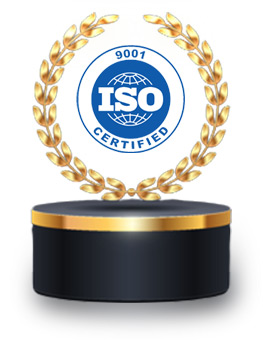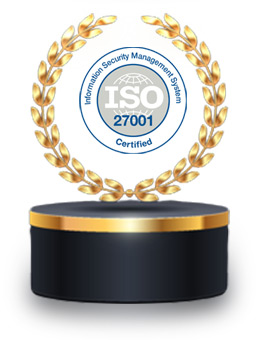In today’s fast-paced business environment, aligning your sales process is critical for long-term success. Sales teams must focus on high-impact activities like closing deals, while staying organized and collaborating seamlessly with other departments. One of the most effective tools that can help streamline and align the sales process is Customer Relationship Management (CRM) software.CRM software not only keeps track of customer interactions but also drives better coordination across teams, improves productivity, and supports data-driven decisions. In this article, we will explore in greater detail how CRM software plays a critical role in aligning your sales process for maximum efficiency and business growth.
A 360-degree view of customers allows sales teams to personalize outreach and address specific pain points, improving the chances of closing a deal.
All departments can access the same customer data, reducing miscommunication and improving collaboration across marketing, sales, and support teams.
By tracking and addressing issues more efficiently, businesses can better serve existing customers, which is essential for long-term retention.
The day-to-day responsibilities of a sales rep can often be bogged down by administrative tasks, many of which are repetitive and time-consuming. CRM systems automate these tasks—such as updating customer records, sending follow-up emails, scheduling calls, and setting reminders—so that sales teams can focus their efforts on building relationships and closing deals.
Automatically ranks leads based on criteria like engagement level, helping sales reps prioritize who to reach out to first.
Pre-built email templates for different stages of the sales cycle, ensuring consistent and timely follow-up with prospects.
CRM systems can sync with calendars and suggest meeting times, reducing the back-and-forth typically required to schedule a call.

CRM tracks the source of each lead, providing insights into which marketing channels are performing well and which ones need adjustment.
Sales teams can view active marketing campaigns within the CRM, ensuring their outreach aligns with ongoing promotions or product pushes.
As leads interact with marketing materials, sales reps receive real-time notifications, allowing them to follow up when interest is highest.
Marketing can optimize campaigns based on feedback from sales, resulting in higher-quality leads that are more likely to convert.

One of the greatest advantages CRM software offers is the ability to generate detailed analytics that provide insights into your sales performance. Whether it’s identifying patterns in customer behavior or uncovering trends in sales team performance, the data collected by CRM systems can be analyzed and transformed into actionable insights.
How long it takes for a lead to move through the sales funnel, from prospect to customer.
The percentage of leads that eventually turn into paying customers, which can indicate the effectiveness of the sales process.
A comparison of successful deals versus lost opportunities, helping to identify bottlenecks or areas for improvement.
Managing leads and guiding them through a sales pipeline requires a structured process. Without a system in place, it’s easy to lose track of where leads are in the sales funnel. CRM software organizes and tracks every lead from initial contact through to conversion. With clearly defined sales stages, CRM helps sales teams stay on top of follow-ups and ensures that no opportunity is overlooked.
CRM platforms allow you to visualize the entire sales pipeline, making it easier to track progress and identify potential roadblocks.
Leads can be segmented based on various criteria like demographics, engagement level, or industry, allowing sales teams to customize their approach.
CRM tools can automatically nurture cold leads through targeted email campaigns or re-engagement strategies.
In today’s highly competitive environment, a well-aligned and streamlined sales process is essential for success. CRM software plays a crucial role in helping businesses achieve this alignment by centralizing customer data, automating routine tasks, fostering collaboration between departments, and providing actionable insights through analytics.
If your business is looking to scale its sales operations or improve efficiency, implementing CRM software can provide the structure, organization, and insights needed to drive results. By aligning your sales process with CRM, you’re setting your team up for long-term success and sustained growth.
Here’s why we stand out from the
crowd and our due recognition for the
innovation and excellence we pioneer in the industry.









Take your business to the next level. Trusted by 5000+ business globally.